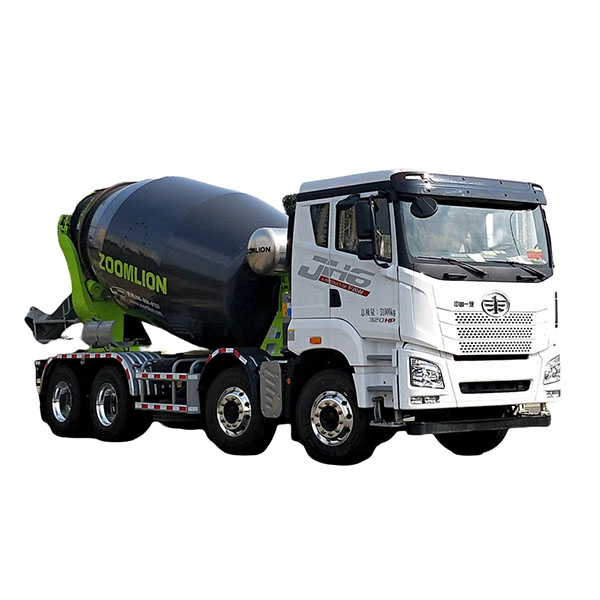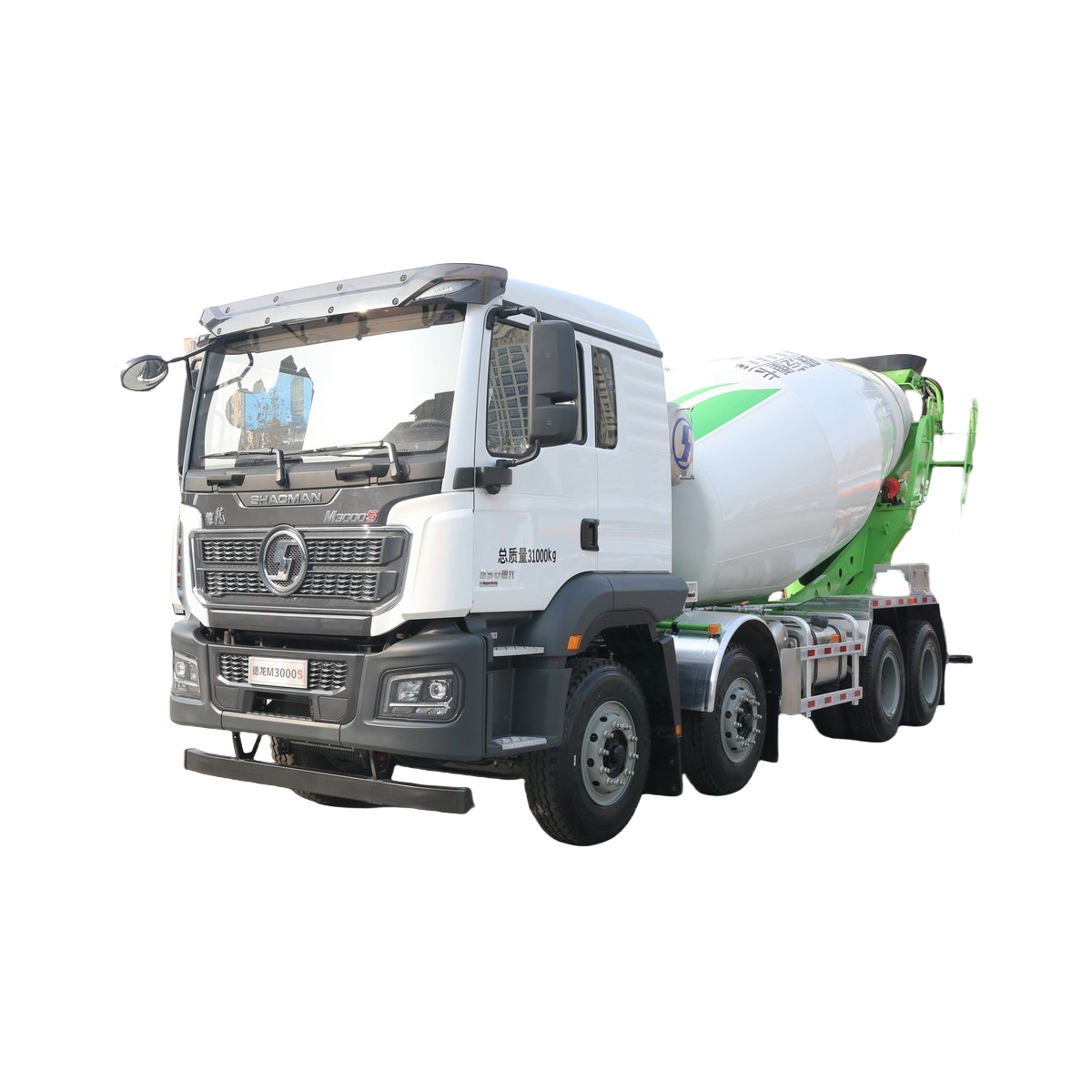This comprehensive guide explores the world of refrigerated vehicles, providing insights into their various types, applications, and key considerations for purchase or lease. We delve into the essential factors influencing the choice of a suitable refrigerated vehicle, including temperature control systems, fuel efficiency, and maintenance requirements. Learn how to select the optimal solution for your specific needs, ensuring the safe and efficient transportation of temperature-sensitive goods.
Direct-drive refrigerated vehicles utilize a refrigeration unit directly connected to the engine. This design offers simplicity and potentially lower initial costs. However, it can be less efficient than other systems, particularly in stop-and-go traffic. These units are commonly found in smaller refrigerated vehicles for local deliveries.
Independent systems, on the other hand, feature separate refrigeration units powered by their own engines or electric motors. This allows for more precise temperature control and efficient operation even when the vehicle is stationary. This is generally favored for long-haul transport of highly perishable goods. The added flexibility makes them a popular choice for various applications.
With increasing environmental concerns, electric refrigerated vehicles are gaining traction. These vehicles are powered by electricity, offering significant reductions in emissions and fuel costs. However, range and charging infrastructure remain significant considerations. The suitability of electric refrigerated vehicles will depend heavily on operational routes and charging availability.
Selecting the appropriate refrigerated vehicle requires careful consideration of several critical factors:
The ability to maintain precise temperatures is paramount. Consider the range of temperatures required for your cargo, the accuracy of the temperature control system, and the availability of monitoring features to ensure consistent performance. Reliable temperature logging is crucial for compliance and traceability.
Fuel costs can significantly impact profitability. Assess the fuel consumption of different vehicle types and refrigeration systems. Advanced technologies, like aerodynamic designs and efficient refrigeration units, can contribute to reduced fuel consumption and lower operational costs. Investing in fuel-efficient options can yield considerable long-term savings.
Regular maintenance is vital for the longevity and reliable performance of your refrigerated vehicle. Consider the ease of maintenance, the availability of parts, and the overall repair costs. A good service plan can help minimize downtime and unexpected expenses.
Choose a vehicle that meets your specific cargo requirements. Consider the dimensions of your goods and the required payload capacity to ensure efficient loading and transportation.
To find the perfect refrigerated vehicle, consider consulting with industry experts and researching reputable suppliers. We at Suizhou Haicang Automobile Sales Co., LTD, are dedicated to helping you find the ideal solution for your business. Explore our wide range of high-quality refrigerated vehicles at https://www.hitruckmall.com/ . We offer various models to suit diverse needs and budgets. Contact us today to discuss your requirements and discover the right refrigerated vehicle for your operations.
| Feature | Direct-Drive | Independent | Electric |
|---|---|---|---|
| Initial Cost | Lower | Higher | Highest |
| Fuel Efficiency | Lower | Higher | Very High (no fuel) |
| Temperature Control | Less Precise | More Precise | Precise |
Disclaimer: The information provided in this article is for general informational purposes only and does not constitute professional advice. Always consult with relevant experts for specific guidance related to your needs.












